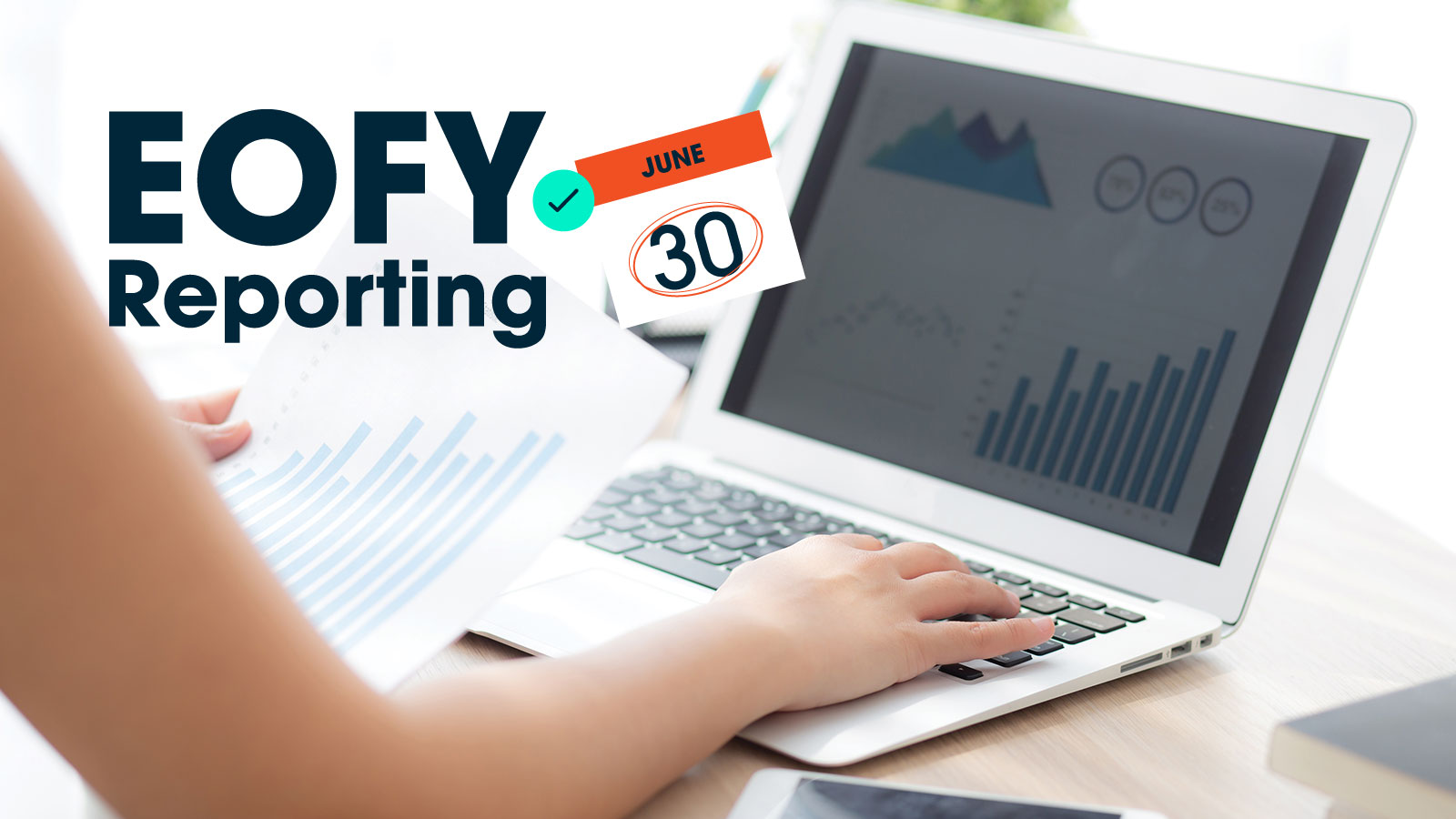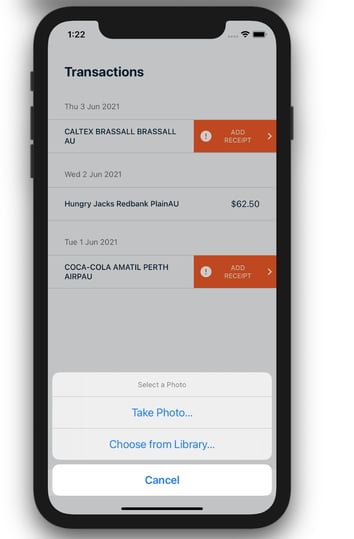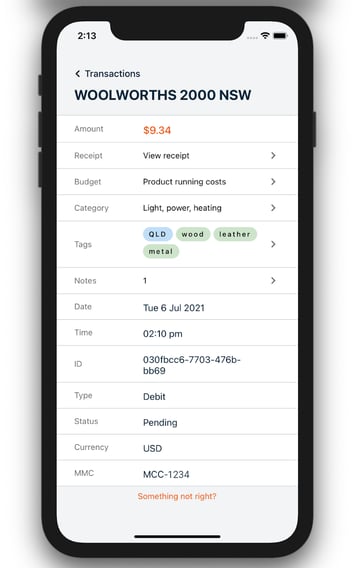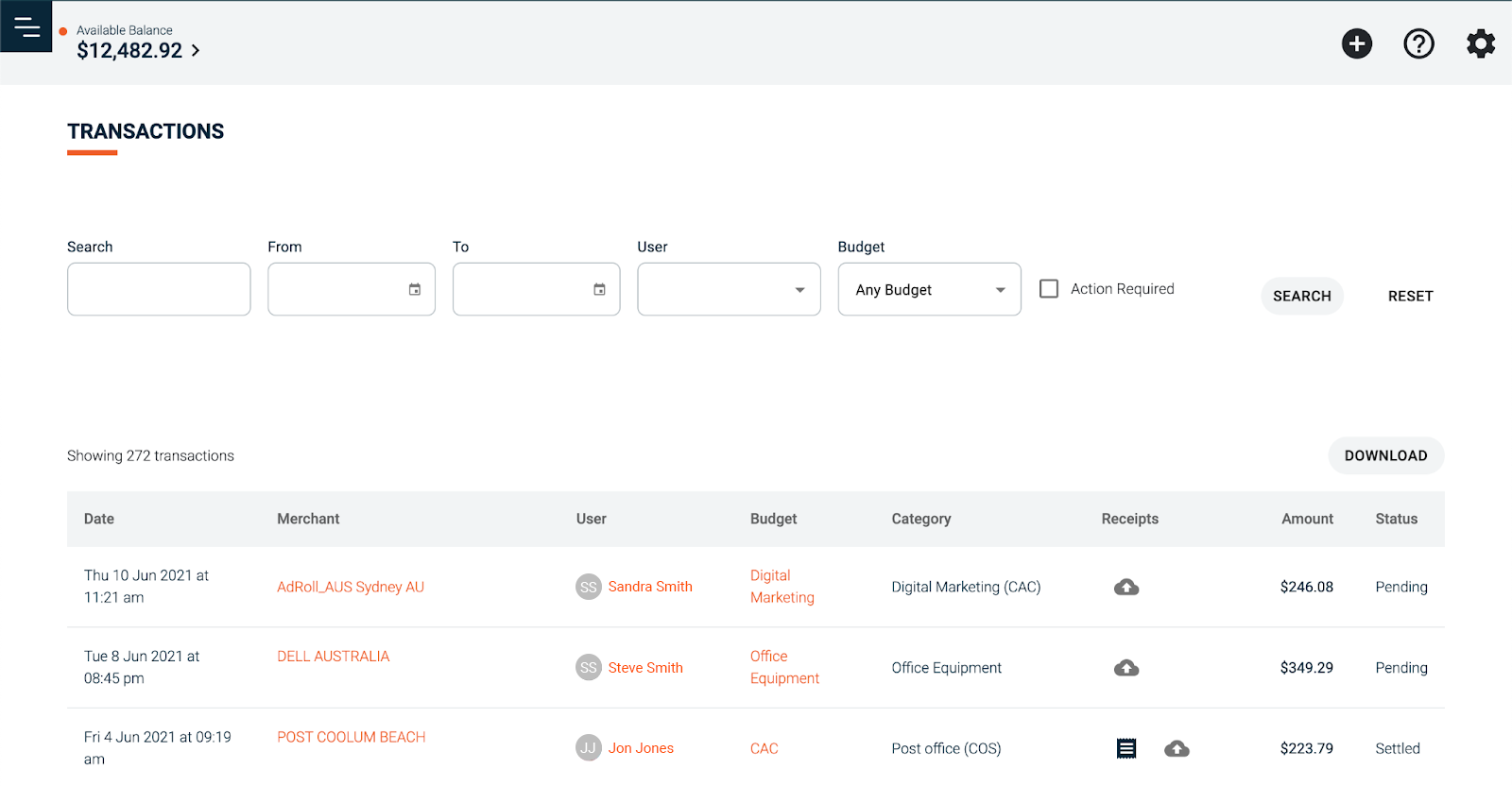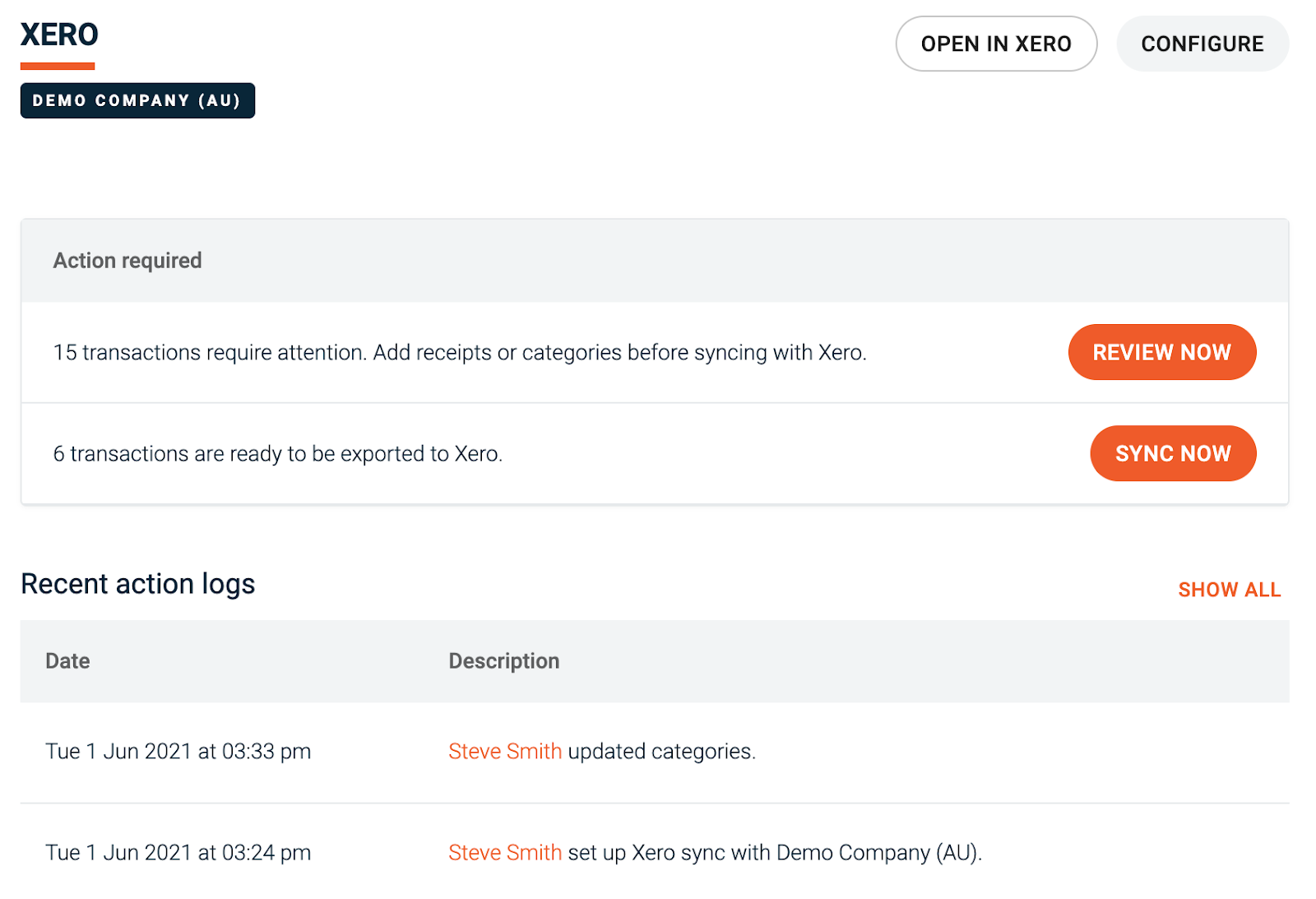Insights
Best practices and tips on spend management, automated expense tracking and corporate debit cards for Australian SMB and enterprise businesses.
It’s that time of the year again, when businesses large and small need to submit their end of financial year tax statements. Most business owners and finance teams would be familiar with the experience of working last-minute to compile and cross-check the necessary documents, including chasing those elusive expense receipts! But did you know that most of this manual work could be easily solved with Budgetly? Here’s how.
